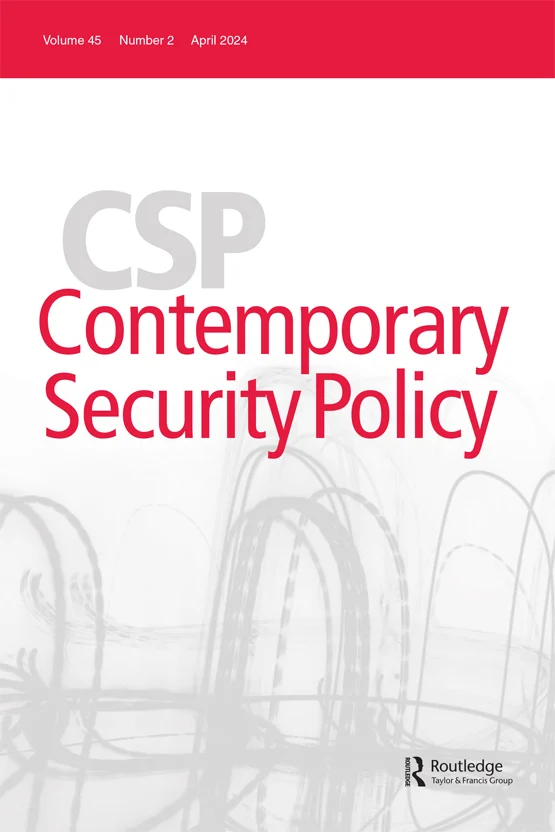Differentiated cooperation as the mode of governance in EU foreign policy
IF 5
1区 社会学
Q1 INTERNATIONAL RELATIONS
引用次数: 3
Abstract
ABSTRACT While the standard conceptualization of differentiation in the European Union (EU) focuses on differentiated integration, scholars devote less attention to differentiated cooperation. This article argues, on the contrary, that member states’ engagement in differentiated efforts in EU foreign policy manifest themselves both in the form of differentiated integration and cooperation. It elaborates an original conceptual framework for exploring differentiated cooperation as a mode of governance. Drawing on the articles in this special issue, this introduction maps empirical manifestations of differentiated cooperation in various areas and dimensions of EU foreign policy. The results of the special issue show that differentiated cooperation has mostly manifested itself in informal patterns of cooperation, with the treaty-based mechanisms being limited. As such, the special issue reflects the differentiation and informalization processes occurring not only in the EU, but also in global governance more broadly.差异化合作是欧盟外交政策的治理模式
摘要尽管欧盟对差异化的标准概念侧重于差异化的一体化,但学者们对差异化合作的关注较少。相反,本文认为,成员国在欧盟外交政策中的差异化努力表现为差异化的一体化与合作。它阐述了探索差异化合作作为一种治理模式的原始概念框架。根据本期特刊中的文章,本导言描绘了欧盟外交政策各个领域和层面差异化合作的经验表现。特刊的结果表明,有区别的合作主要表现为非正式的合作模式,基于条约的机制有限。因此,特刊反映了不仅在欧盟,而且在更广泛的全球治理中发生的分化和非正规化过程。
本文章由计算机程序翻译,如有差异,请以英文原文为准。
求助全文
约1分钟内获得全文
求助全文
来源期刊

Contemporary Security Policy
Multiple-
CiteScore
14.60
自引率
6.80%
发文量
22
期刊介绍:
One of the oldest peer-reviewed journals in international conflict and security, Contemporary Security Policy promotes theoretically-based research on policy problems of armed conflict, intervention and conflict resolution. Since it first appeared in 1980, CSP has established its unique place as a meeting ground for research at the nexus of theory and policy.
Spanning the gap between academic and policy approaches, CSP offers policy analysts a place to pursue fundamental issues, and academic writers a venue for addressing policy. Major fields of concern include:
War and armed conflict
Peacekeeping
Conflict resolution
Arms control and disarmament
Defense policy
Strategic culture
International institutions.
CSP is committed to a broad range of intellectual perspectives. Articles promote new analytical approaches, iconoclastic interpretations and previously overlooked perspectives. Its pages encourage novel contributions and outlooks, not particular methodologies or policy goals. Its geographical scope is worldwide and includes security challenges in Europe, Africa, the Middle-East and Asia. Authors are encouraged to examine established priorities in innovative ways and to apply traditional methods to new problems.
 求助内容:
求助内容: 应助结果提醒方式:
应助结果提醒方式:


